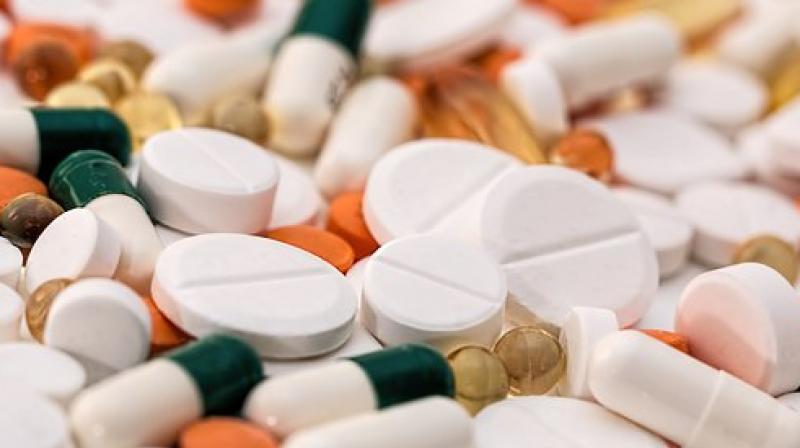Scientist develop game-changing novel antibiotic that will fight superbugs
The breakthrough is another major step towards developing a commercially viable drug version.

Indian-origin scientists have developed a novel "game changing" antibiotic which is capable of killing drug-resistant bacteria, and could lead to the first new class of antibiotic drug in 30 years.
The breakthrough is another major step towards developing a commercially viable drug version based on teixobactin - a natural antibiotic discovered by US scientists in soil samples in 2015 which has been heralded as a "gamechanger" in the battle against antibiotic resistant pathogens such as MRSA and VRE.
Scientists from the University of Lincoln in the UK successfully created a simplified, synthesised form of teixobactin which has been used to treat a bacterial infection in mice, demonstrating the first proof that such simplified versions of its real form could be used to treat real bacterial infection as the basis of a new drug.
They developed a library of synthetic versions of teixobactin by replacing key amino acids at specific points in the antibiotic's structure to make it easier to recreate.
After these simplified synthetic versions were shown to be highly potent against superbug-causing bacteria in vitro - or test tube - experiments, researchers from the Singapore Eye Research Institute (SERI) then used one of the synthetic versions to successfully treat a bacterial infection in mice.
As well as clearing the infection, the synthesised teixobactin also minimised the infection's severity, which was not the case for the clinically-used antibiotic, moxifloxacin, used as a control study, according to the finding published in the Journal of Medicinal Chemistry.
It has been predicted that by 2050 an additional 10 million people will succumb to drug resistant infections or superbugs each year, researchers said.
The development of new antibiotics which can be used as a last resort when other drugs are ineffective is therefore a crucial area of study for healthcare researchers around the world, they said.
"Translating our success with these simplified synthetic versions from test tubes to real cases is a quantum jump in the development of new antibiotics, and brings us closer to realising the therapeutic potential of simplified teixobactins", said Ishwar Singh from the University of Lincoln's School of Pharmacy.
"When teixobactin was discovered it was groundbreaking in itself as a new antibiotic which kills bacteria without detectable resistance including superbugs such as MRSA, but natural teixobactin was not created for human use", Singh said.
"We need sophisticated armour to combat antibiotic-resistant pathogens", Lakshminarayanan Rajamani from SERI added.
Drugs that target the fundamental mechanism of bacterial survival, and also reduce the host's inflammatory responses are the need of the hour. Our preliminary studies suggest that the modified peptide decreases the bacterial burden as well as disease severity, thus potentially enhancing the therapeutic utility, said Rajamani.

